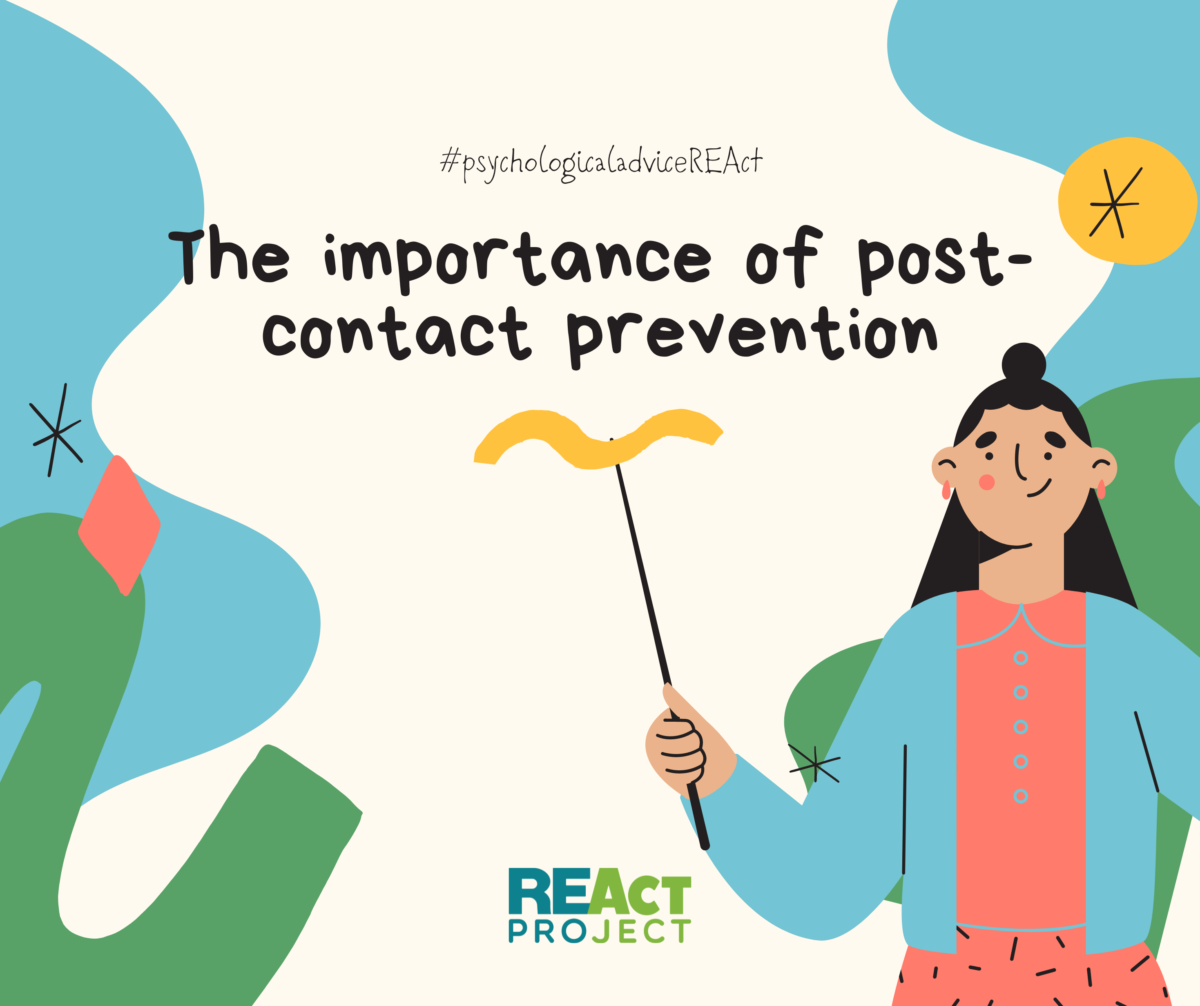After the invention of the modern latex condom, sex became really reliably protected against many sexually transmitted infections, and in combination with pre-exposure prophylaxis (PrEP) – an ideal means of HIV infection.
However, there are sometimes unpleasant situations when a condom – a “reliable headache pill” – is missing, or out of place (for example, in a pocket), an act of violence occurred, or a person had direct contact with blood/other liquids, which contained blood. Still, they got into an open wound, mucous membrane, or bloodstream. During the war, the number of such cases increased significantly.
What to do if this has already happened? This article is about further actions and assistance to the victim.
First of all, you need to calm down, don’t panic. In no case do not pour anything with disinfectant solutions (alcohol, iodine, hydrogen peroxide), rub, drip, squeeze, apply, or fix the place of injury with bandages, and even more, irritate the damaged area, and mucous membranes. Actions should be clear and calm: we eliminate other people’s fluids that have entered. If it is a wound or a mucous membrane, and you can wash them with plain water, do it. Use soap and water where appropriate.
As soon as possible (no later than 72 hours after contact, but the sooner the better), contact a medical institution, where you will be provided with qualified advice regarding the probable degrees of risk of HIV infection and other STІs. If you are in a foreign city and do not know where to go, you will be guided: 0 800 500 451.
Sexual violence significantly increases the risk of HIV infection than consensual sex, as such intercourse is considered more traumatic and therefore more likely to involve blood. The HIV status of the rapist and the victim of violence is also unknown. If a person who commits sexual violence is living with HIV, the risk of HIV transmission also increases under the following conditions: bites, vaginal and anal penetration, genital trauma, contact with sperm in or around the vagina or anus, the rapist is a user injecting drugs, as well as there, was more than one rapist.
However, always remember: “consent to sex” does not equal protection from infection.
One of the ways to prevent HIV transmission is the timely and correct use of medical post-exposure prophylaxis with antiretroviral drugs. It’s reliable and free. You will also be offered an HIV, hepatitis B, and C test immediately and after a specific time. If within 72 hours after the contact you did not manage to get to a doctor and receive post-contact prophylaxis, you will be offered an HIV test three months later. Do not forget about the “window period” at this time.
Read more about the “window period” or “gray window” in the previous article of the psychologist’s advice column: “To be tested or not to be tested? That’s the question.”


